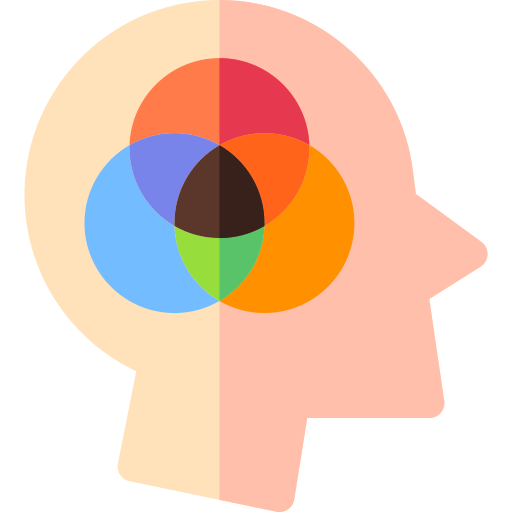< Back to Unit Overview
Understanding Yourself
It is often said that when seeking to promote social change the best place to start is with oneself. However, what is the connection between understanding oneself and intercultural education? What can psychological and educational sciences teach us about personal and professional identities, emotional regulation and psychological well-being? This first unit will guide you along this inward journey as a first step in promoting intercultural education.
The goal of this unit is to offer physical education teachers and coaches an opportunity to reflect on their professional identity and work settings and to provide insights and guidelines for helping them to prepare, promote and facilitate intercultural education activities.




